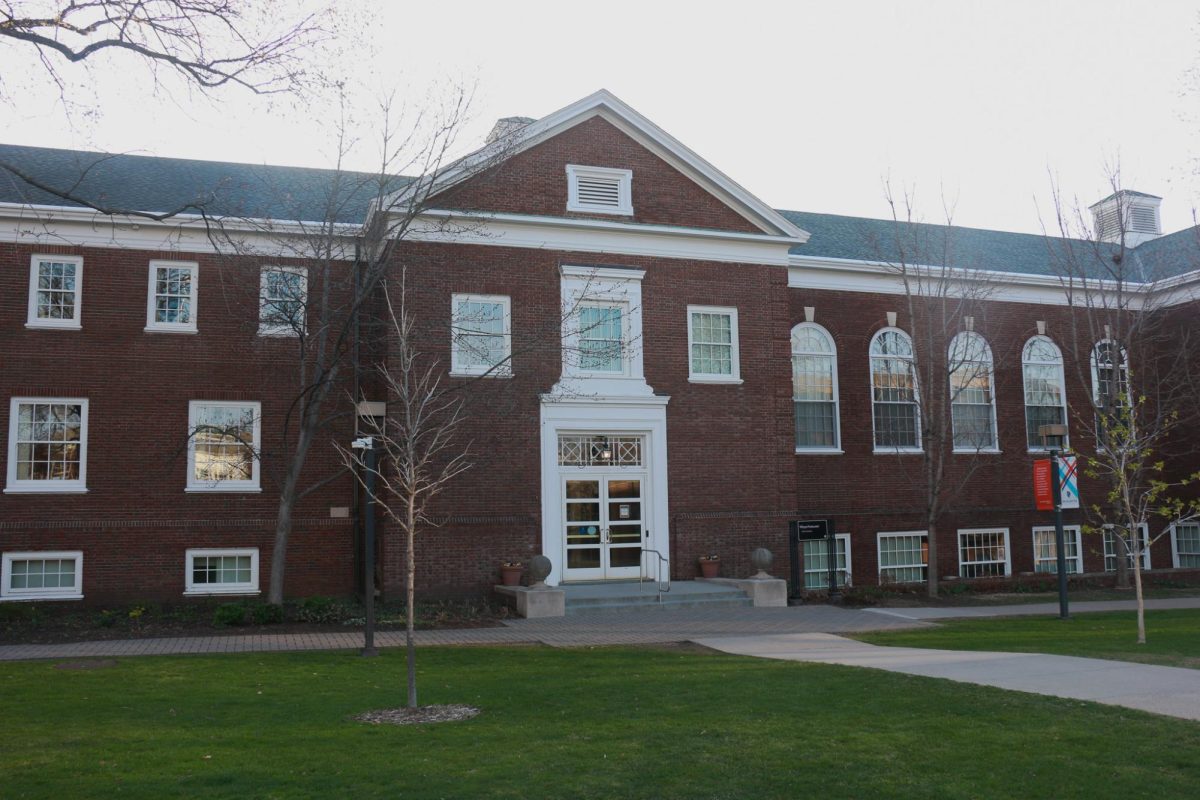Starting next year, the Free Application for Federal Student Aid (FAFSA) Simplification Act will take effect in higher education financial aid systems across the country. A standard for colleges and universities in the US, institutions use the FAFSA to determine financial aid eligibility among students. The Simplification Act, passed in 2021, has the potential to change the way most universities view financial information. Here’s what you need to know about the updated process.
This year, the FAFSA application opens in December (previously, the application opened in October) for the 2024-25 cycle, and is due on May 15. In an announcement posted in The Mac Daily on Sept. 29, Senior Associate Director of Financial Aid Eli Matzner notified students of the changes.
“Macalester does not anticipate significant changes to our students’ financial aid as a result of these changes to the FAFSA,” Matzner wrote.
The updated FAFSA application is a shortened and revised version, now asking fewer than 50 questions rather than the previous 100+. Some of the changes include that parents without a social security number can create an FSA (Federal Student Aid) ID, the number of household members enrolled in college is no longer considered in the application and applicants are required to sign electronically.
Matzner reiterated that Macalester is largely not considering these changes in determining aid.
“[The FAFSA has] always accounted for if a family has multiple children in college, and starting next year, it will no longer be doing that,” Matzner explained. “So that is a big change for people filling out the FAFSA, but in terms of how it impacts what we at Macalester do with financial aid, we have always also accounted for a family having multiple children in college and we will still continue to do that.”
Matzner elaborated that Macalester’s financial aid process has never strictly followed the FAFSA number results, always seeking further context, such as parent information and number of household members in college, for aid and providing the necessary amount for students. They have also included similar notes within other webpages for students applying for aid in admissions, like the Financial Aid Applications page.
“We just use the FAFSA to get a broad sense of if a family seems to be about the same [economic position] as they were last year, and the FAFSA will still tell us that,” Matzner explained.
The Expected Family Contribution (EFC) has been renamed the Student Aid Index (SAI). The typical process for determining aid through the FAFSA is generally calculated by subtracting the EFC from the Cost of Attendance and using the resulting number to determine aid. The term change clarifies for users that the SAI is not the exact amount that families are expected to pay for college. The SAI now has a default minimum of negative $1,500 rather than the previous $0 – an update not listed on the Macalester website. Therefore, families can have a negative expected contribution, meaning colleges can now provide more aid to applicants with the greatest amount of need.
Additionally, not listed on the Macalester Financial Aid website, applicants do not have to include some untaxed income, including money received from extended family members and housing and living allowances paid to service members. In addition to aid eligibility changes, the FAFSA Simplification Act is also expanding access to the maximum Pell Grant. This grant includes aid to students that is not expected to be repaid. Reserved for applicants below the poverty threshold, the Pell Grant can now be awarded to confined or incarcerated students.
The FAFSA Simplification Act is only one example of the many changes circulating through the government addressing the way colleges handle aid and loans. After Biden’s sweeping Loans Forgiveness Program was deemed unconstitutional by the Supreme Court, the Biden/Harris administration has begun exploring new avenues for loan forgiveness.
“They’re also doing more in terms of loan forgiveness for people that attended schools that have now closed or schools that were shut down due to regulatory issues,” Matzner explained. “There’s always been a public service loan forgiveness program that has had a lot of issues in the past with people actually qualifying for it.”
Students can expect further communication from the Financial Aid office as December approaches, including further steps for their FAFSA applications and details on Macalester’s assessment of aid.
“The announcement so far has been ‘here’s a lot of changes that you can expect, but you also can’t do this out there right now.’” Matzner concluded. “So we’ll probably be communicating with people again, when the FAFSA actually becomes available to remind people of what the changes are.”












